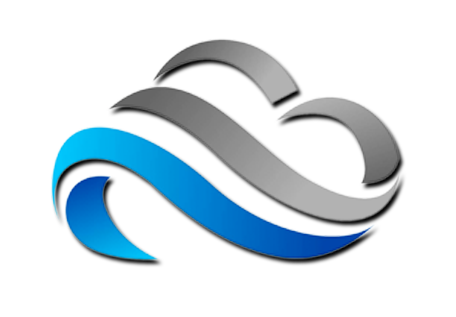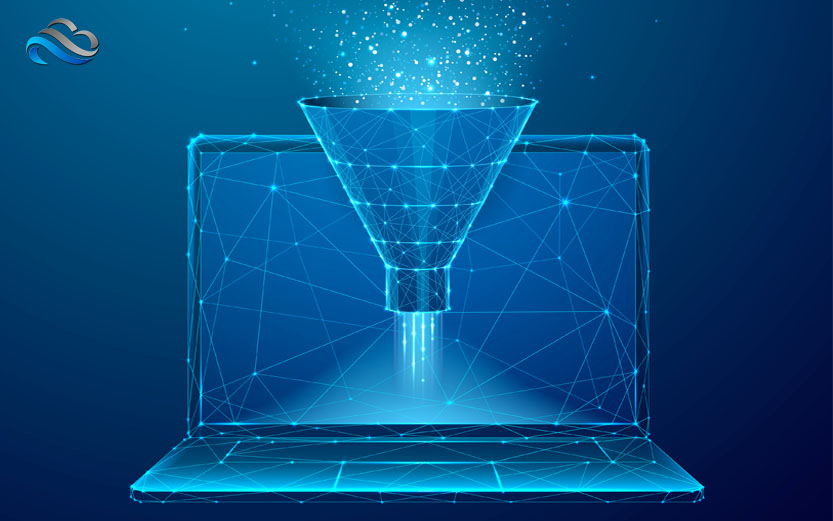Sales Funnels Demystified - Enhancing Customer Journey and Sales Performance
A sales funnel is a model that defines the steps required for each prospect to become a customer. It is designed to help companies improve their marketing strategies and boost sales performance by focusing on the prospects most likely to purchase. Sales funnels are usually categorized into three stages: awareness, consideration, and conversion.
The first stage of a sales funnel is when the prospect becomes aware of your company, products, or services. This can occur when they visit your website, read a social media post, or hear about your business from a friend or colleague.
During this stage, your prospect may have a number of questions about what your business offers and how it might benefit them. Content aimed at this stage should be informative and educational, with clear calls to action to encourage engagement. This type of content can be delivered via online channels including blog posts, PPC ads, email newsletters, and social media posts. It is also possible to create a webinar or podcast and use it to promote your products or services.
At the consideration stage, your prospects have a specific question about your product or service and have decided to research it further. This is a crucial point in the process because it is here that they are most likely to evaluate competitors. The content they engage with at this stage should address their concerns and provide evidence that your product is a good fit for them. Depending on your industry, this may include case studies, how-to guides, white papers, ungated tools, and other forms of educational content.
Once your prospects have engaged with this content and entered the consideration phase, they’re ready to convert and take the next step. The conversion process is where they’ll likely contact a sales rep to answer any remaining questions and determine whether your products or services are the right fit for their needs. If your product isn’t a good fit, it’s your sales team’s job to let them know politely so that they can move on to another prospect.
The final stage of a sales funnel is when the prospective customer makes a purchasing decision and becomes a paying customer. At this stage, the lead will often have more detailed questions about how to utilize your products or services, and how they’ll benefit their organization. The lead will also have an opportunity to negotiate prices and terms of payment with your sales team.
Once the sale has been completed, it’s important for your sales team to maintain a healthy relationship with the new client and encourage them to return. This can be done through promotional (offers) and informational (new product or feature updates) campaigns that will keep your new customers engaged.
A well-defined sales funnel helps you identify your ideal prospects, target them with relevant messaging, and measure the impact of each campaign on converting leads into customers. This way, you can continually improve the quality of your prospect list and increase the number of qualified leads you can convert to sales.
Learn how To build sales funnels
Subscribe To My Email List And Get Updates On Building Effective Sales Funnels That Generate Leads & Sales In Your Business.
My Recent Posts
All-in-One Sales Automation Platform
Check out my recent post on all-in-one sales and marketing tools and what I think of it.
Sales Funnels
Check out my recent post on sales funnels and what I think about them. Are they still worth it?
"With the everchanging world we live in as well as me knowing it won’t be too long before I hang up the tools of my trade, I have chosen to broaden my horizons and start a career in the online world."
Shauna Lee Buchan
©Copyright 2023 emailsocialmarketing.com
All rights reserved
329 Howe Street
Vancouver BC Canada V6C 3N2


